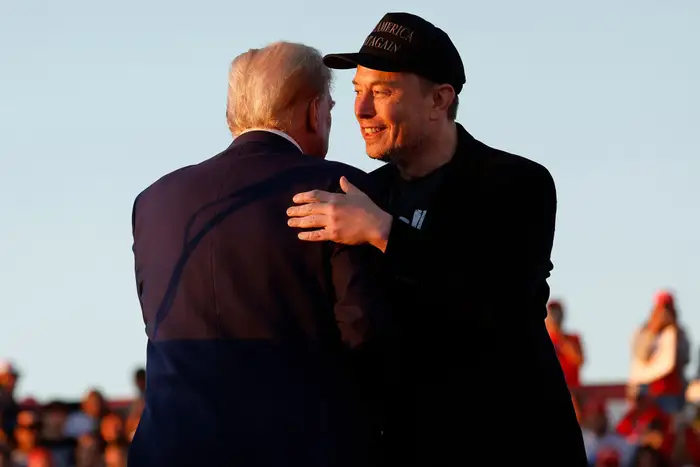Elon Musk, potentially teaming up with Donald Trump if he wins the presidency, has proposed drastic measures to enhance government efficiency, but his mixed track record in business raises questions about his ability to deliver.
Key Details:
- Potential Government Role: Elon Musk might assume a position focused on cutting government spending and rolling back regulations, playfully named after his favourite cryptocurrency, Dogecoin.
- Promises of Efficiency: Musk has suggested using AI to identify areas for budget cuts and proposes a significant reduction in government regulations which he believes stifle innovation.
- Previous Business Practices: Musk’s approach at companies like X (formerly Twitter) involved substantial layoffs and the dismantling of teams, which led to operational challenges and significant value loss in the company.
- Regulatory Challenges: Musk’s attempts to fast-track initiatives at Tesla and SpaceX have frequently led to legal and regulatory challenges. SpaceX faces community pushback and is under scrutiny from safety regulators.
- Severance for Laid-Off Workers: Despite promising generous severance packages for potentially laid-off government employees, Musk has faced lawsuits at X over failing to deliver promised severance packages.
While Elon Musk’s proposals for government efficiency are ambitious, his history of business management suggests a potentially turbulent implementation. His previous experiences with layoffs, regulatory bypasses, and severance issues highlight the complexities and possible risks of applying his aggressive management style to government operations. As the election nears, the feasibility and implications of his plans remain a critical area of scrutiny.










